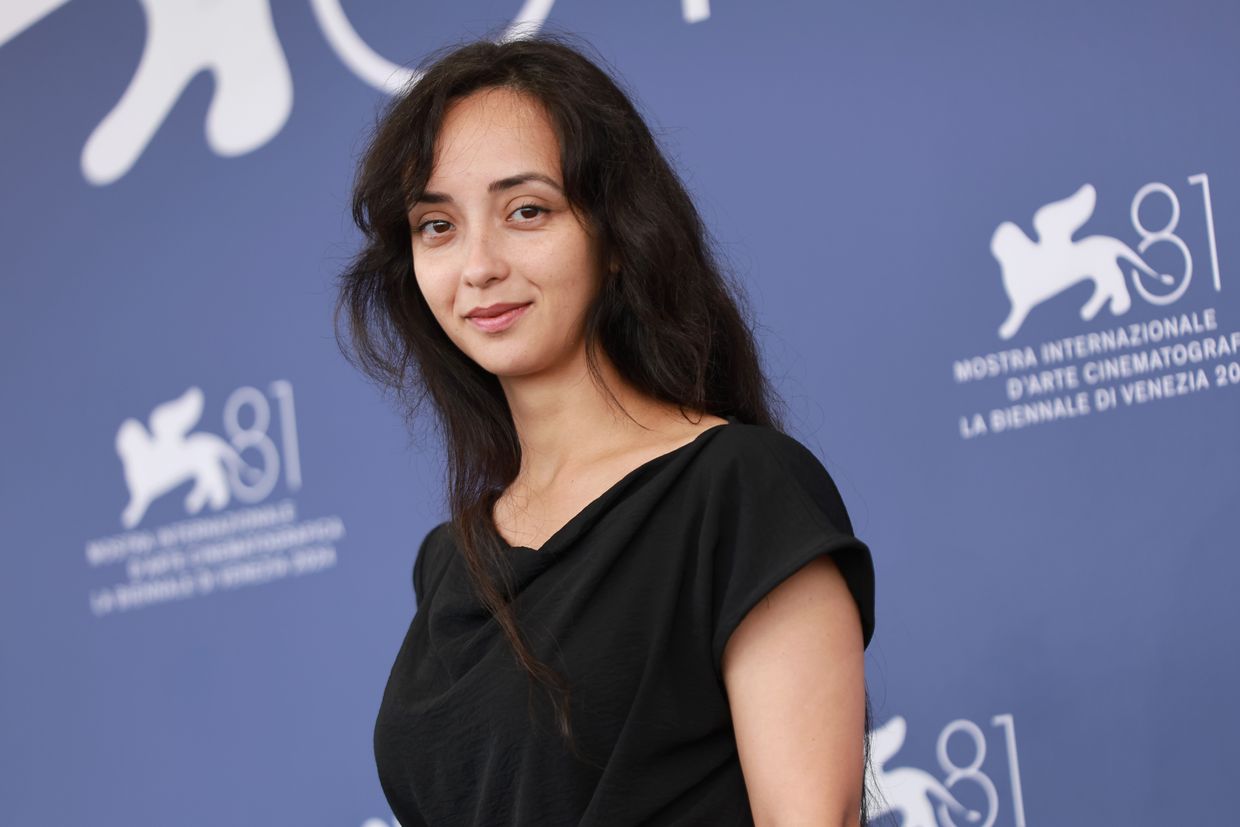Freeland voices concern over Canadian funds going to ‘Russians at War’

Canadian government officials, including Deputy Prime Minister Chrystia Freeland, have strongly criticized the use of public funds to support a controversial documentary that portrays Russian soldiers fighting in Ukraine.
The film, "Russians at War," directed by a Russian-Canadian filmmaker Anastasia Trofimova, is set for its North American premiere at the Toronto International Film Festival on Sept. 10.
It received funding from Canadian public broadcasters and government grants, alongside backing from an Oscar-nominated Canadian producer.
A database of funded projects maintained by the Canada Media Fund - a public-private partnership backed by Department of Canadian Heritage - reveals that the film had received $250,000 (340,000 Canadian dollars) in funding from the Fund during their 2022-2023 fiscal year.
The documentary also received private funding totaling $62,000 (85,000 Canadian dollars) from the Hot Docs Ted Rogers Fund, a major fund for Canadian documentary filmmakers.
In the end credits of the film, the government of Canada's logo is shown.
Freeland, a vocal critic of Russia’s invasion and of Ukrainian heritage herself, commented on the controversy during a press briefing in Nanaimo, B.C.
"Ukrainian diplomats and the Ukrainian Canadian community have expressed really grave concerns about that film, and I do want to say I share those concerns," she said, according to the Global News. "It’s not right for Canadian public money to be supporting the screening and production of a film like this."
Despite calls from the Ukrainian Canadian Congress to remove the film from the festival lineup, organizers have proceeded with its screening.
Hundreds took to streets in Toronto outside the Scotiabank Theatre, where the film is to be shown on Sept. 10, according to the Kyiv Independent reporter on the ground. The demonstration featured vocal chants such as "Russia is a terrorist state" and "Shame on TIFF."
Earlier Ukraine’s consul general in Toronto and the country’s foreign ministry also expressed strong opposition.
In her interview with the Globe and Mail published on Sept. 8, Trofimova emphasized that her focus was solely on the Russian soldiers, whom she described as hidden figures of the war, adding that her decision to embed with them was driven by the unique access she was offered.
In a statement provided by TIFF, Trofimova reportedly defended the documentary against what she characterized as attacks. "I want to be clear that this Canada-France co-production is an anti-war film made at great risk to all involved, myself especially," she said.
Freeland rejected a notion of sympathy for Russian soldiers by saying: "We have to be really clear that this is a war where there is no moral equivalency."














